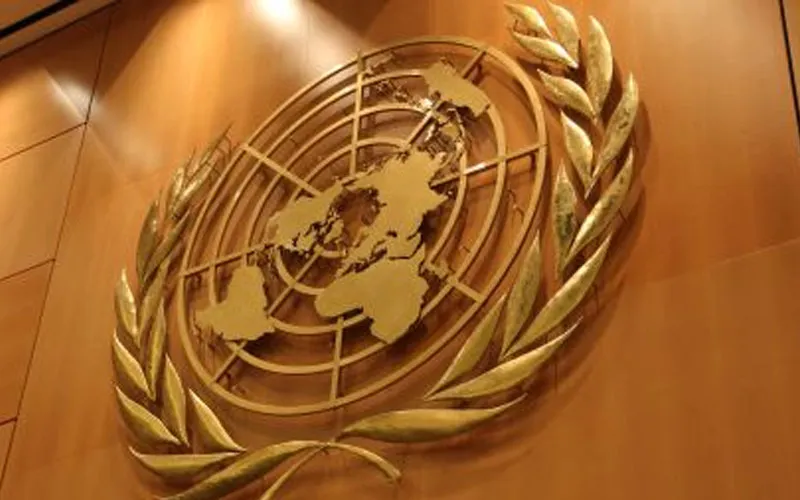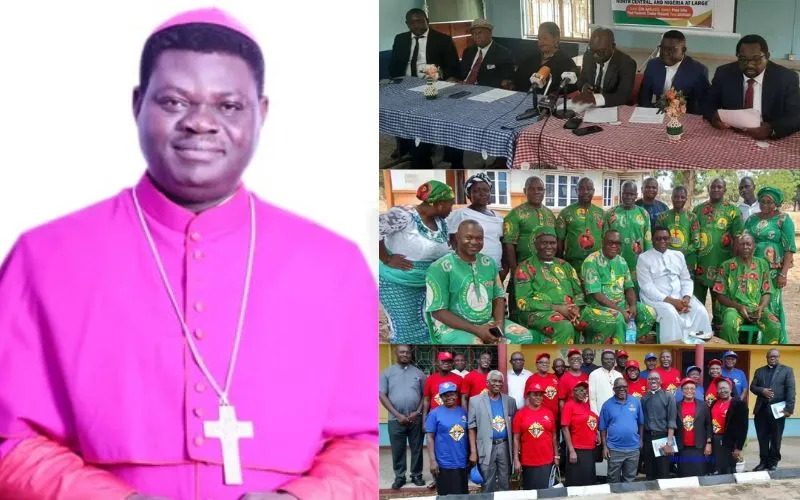The decision by Sudan to withdraw from the HRC support coincides with an attempted coup on 21 September which, according to CSW, exposed “deep fissures” between the civilians and military, both of whom are represented in the transitional government.
The disparity in Sudan’s transitional government, the leadership of CSW notes, has raised serious questions over the future of the leadership transition in the country.
Addressing the Council during the dialogue on 6 October, CSW’s Deputy Team Leader for Press and Public Affairs and UN Officer, Claire Denman, said, “We regret that this interactive dialogue will be the last of its kind on the situation of human rights in the country… The attempted coup has underscored the fragility of the transition and highlighted the importance of the Council’s support to the Sudanese people.”
The Christian human rights foundation reports that 38 civil society organizations had already called on the HRC to renew a mandate for technical assistance and capacity building for Sudan ahead of the October 6 council session.
The support that the organizations called for included a monitoring and reporting aspect to the Council.
The mandate would have worked to support Sudan’s transitional authorities through technical assistance and to ensure that there were no reporting or protection gaps, particularly in Darfur, South Kordofan and Blue Nile, CSW reports, and adds, “Instead, the transitional government decided to discontinue the mandate, and no other member State took it forward.”
The HRC has 47 member States who are elected for a three-year term. Any member State can table a resolution on situations of human rights on a thematic or geographical basis.
Where a mandate refers to a State, which is a member of the Council, the country is encouraged to take a proactive lead in the drafting, negotiating, and tabling of a resolution.
If the country concerned decides not to table or support a resolution, another member State can table a resolution, but as this requires the support of a majority of Council members, if a vote is called and will be seen as a hostile mandate, it goes against the Council’s preferred method of adopting resolutions by consensus.
Sudan has been a country of concern for the UN’s human rights entity since 1993, CSW reports, and explains, “The Omar al-Bashir regime, which ruled from 1989 to 2019, argued that the country was unfairly targeted, despite a crackdown on independent civil society, political oppression, violations of freedom of religion or belief and the rights of women, wars with the South, Blue Nile and South Kordofan, and conflict in Darfur which was found to have genocidal elements by the International Criminal Court (ICC).”








